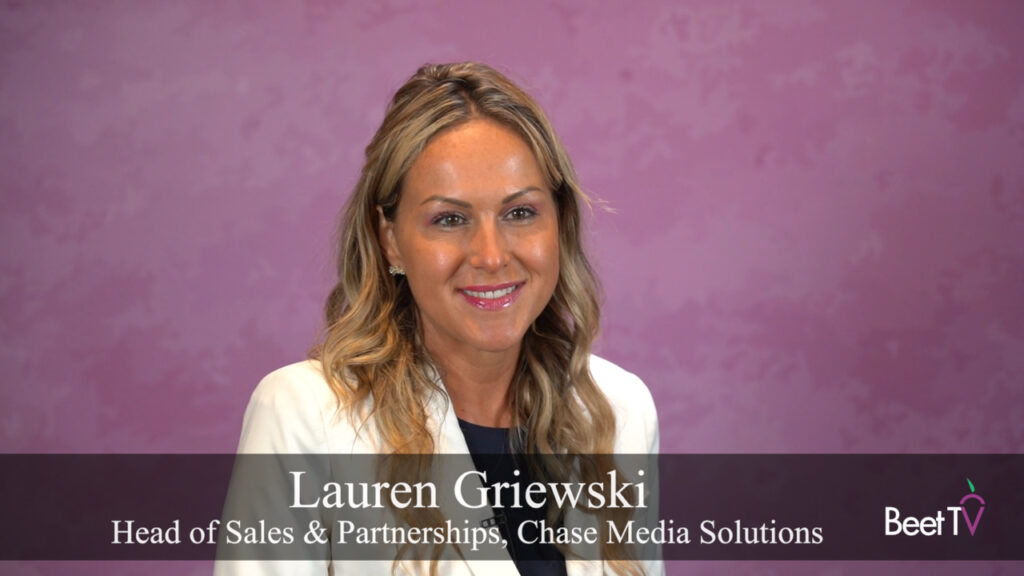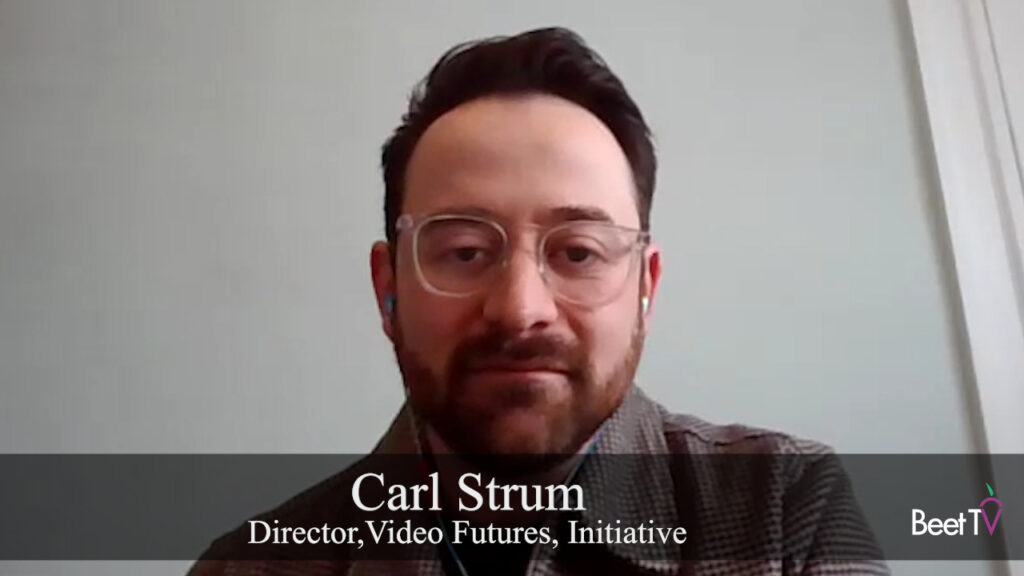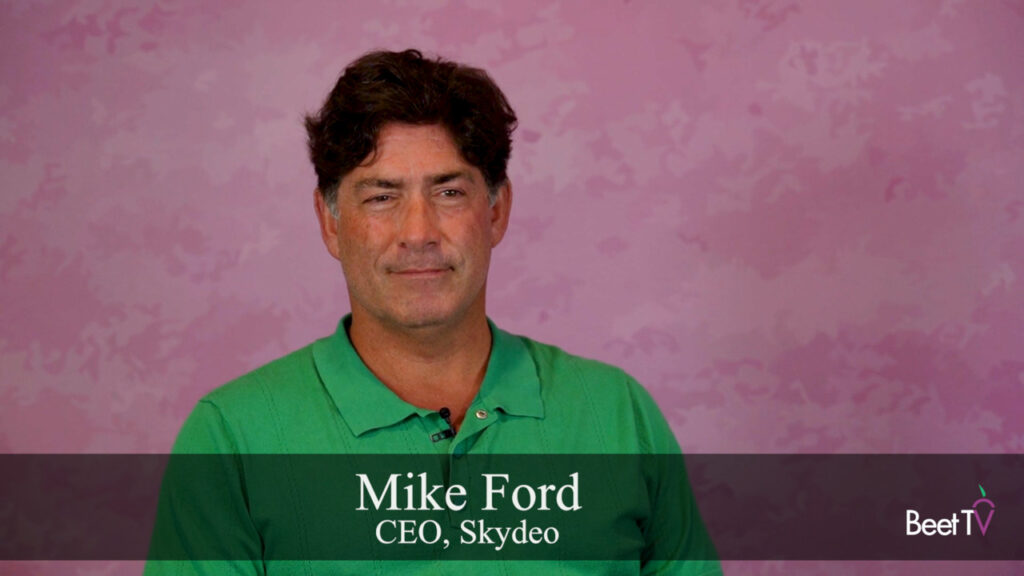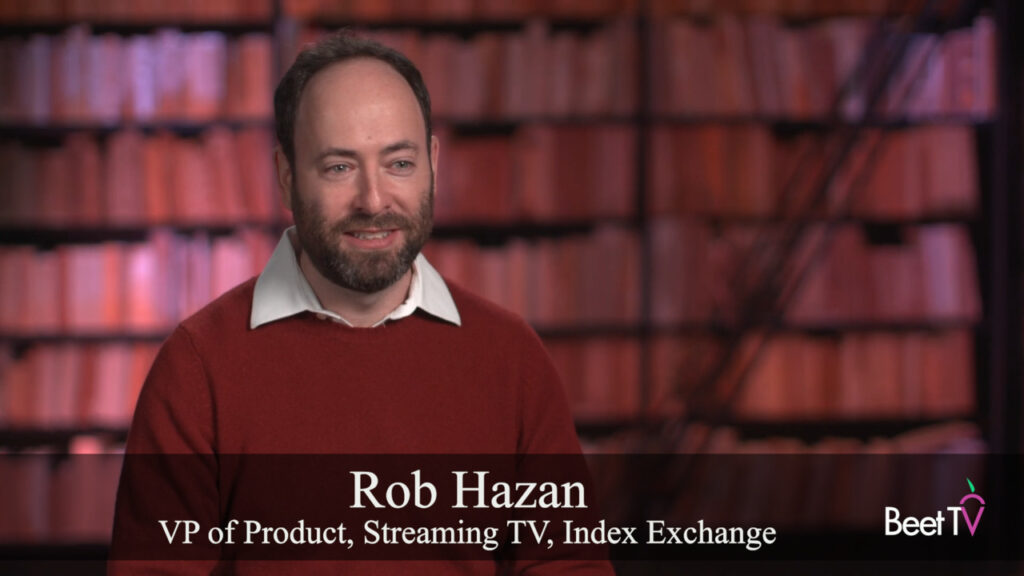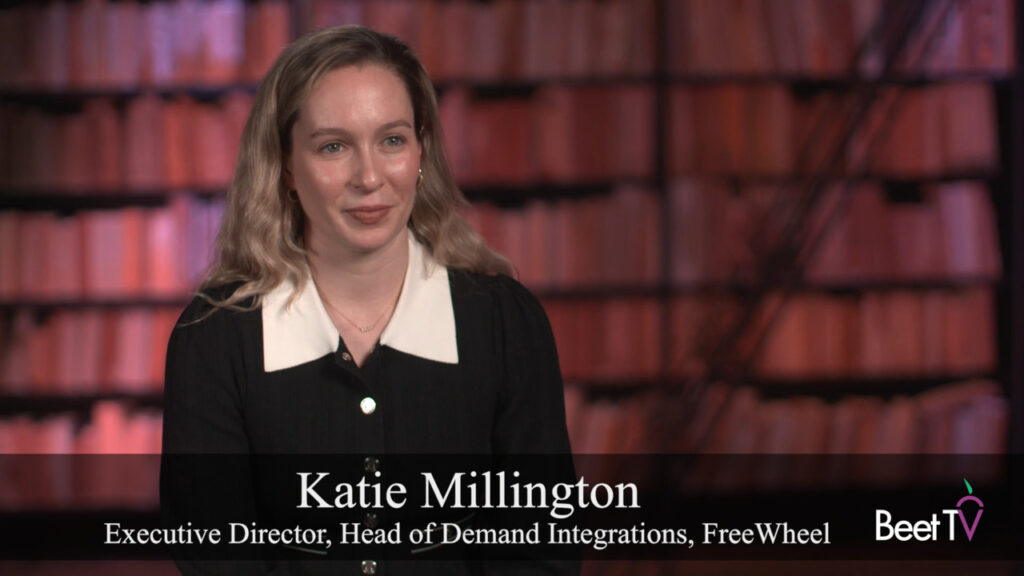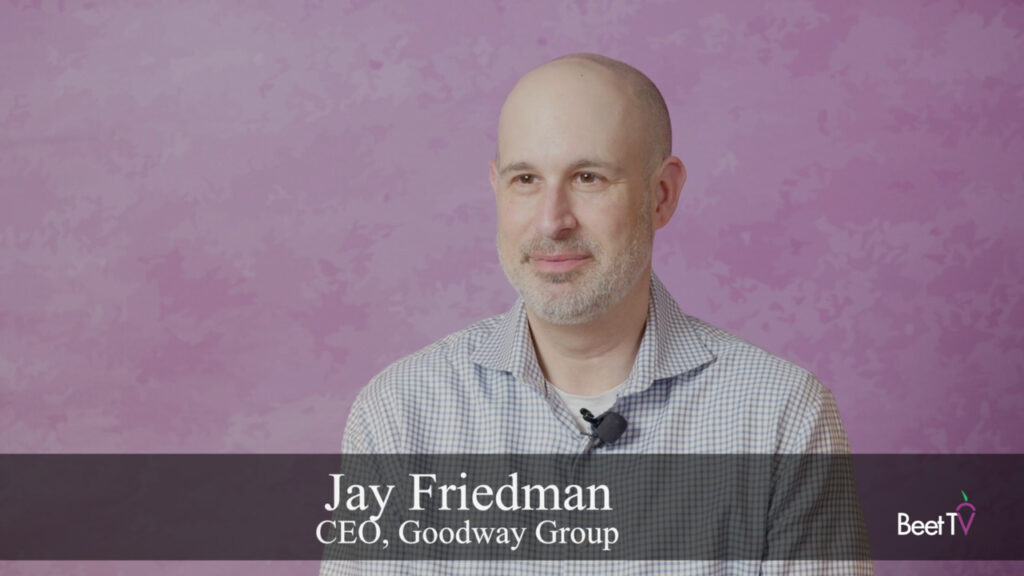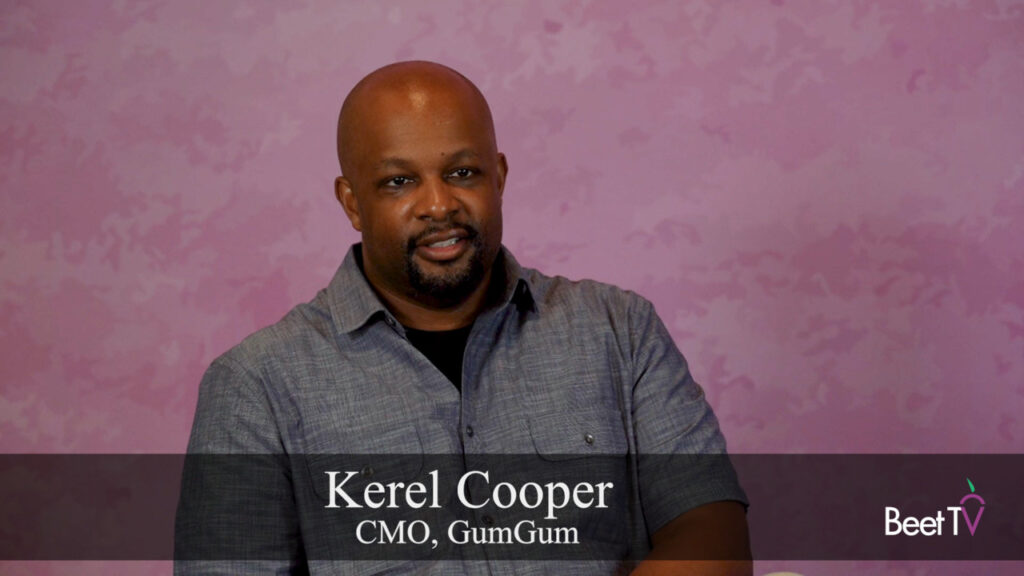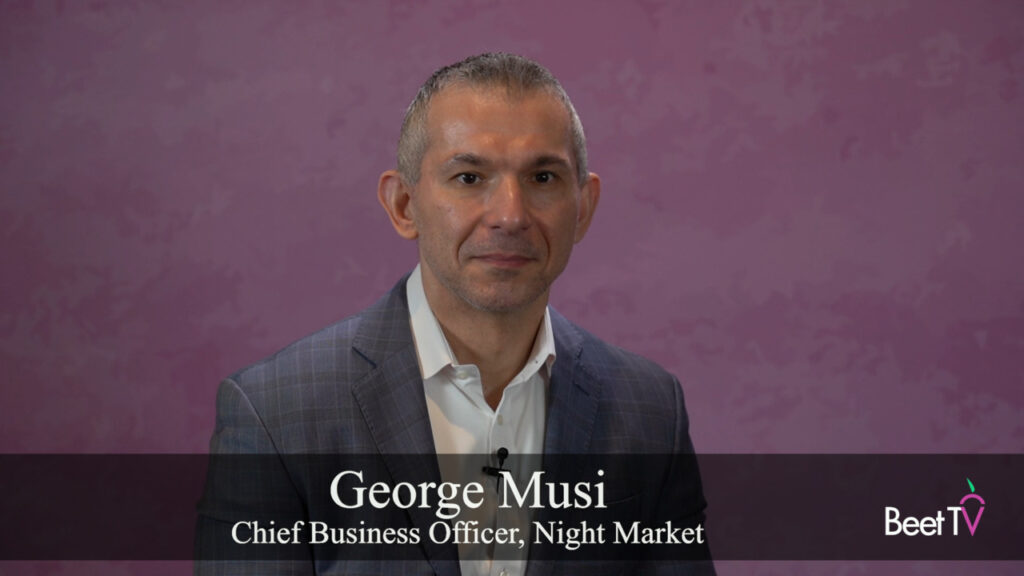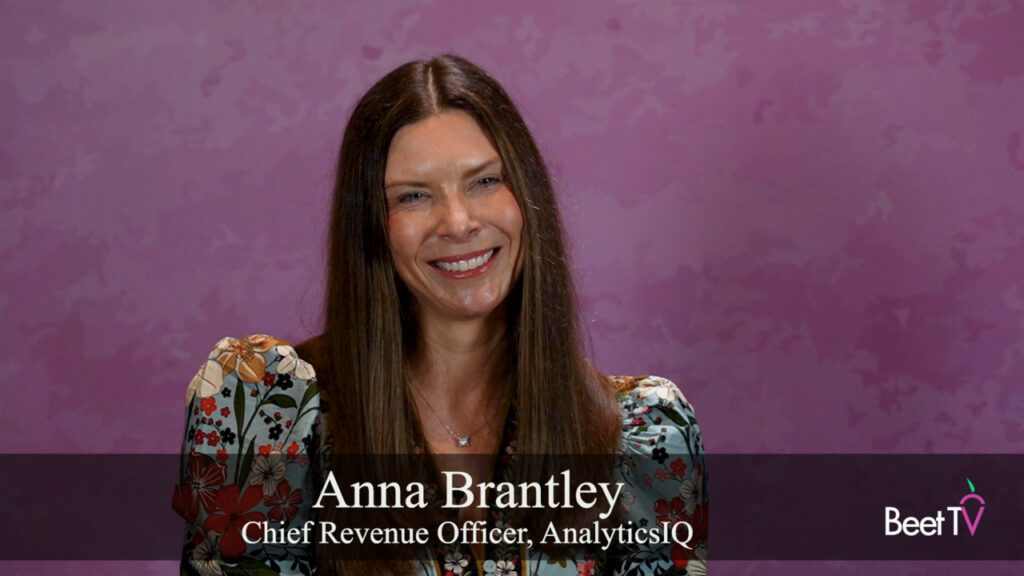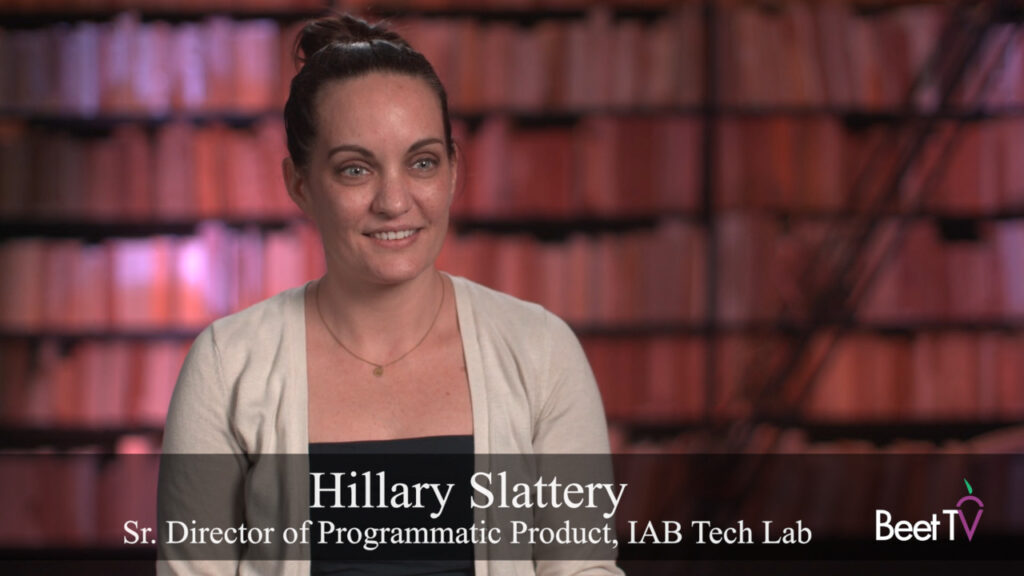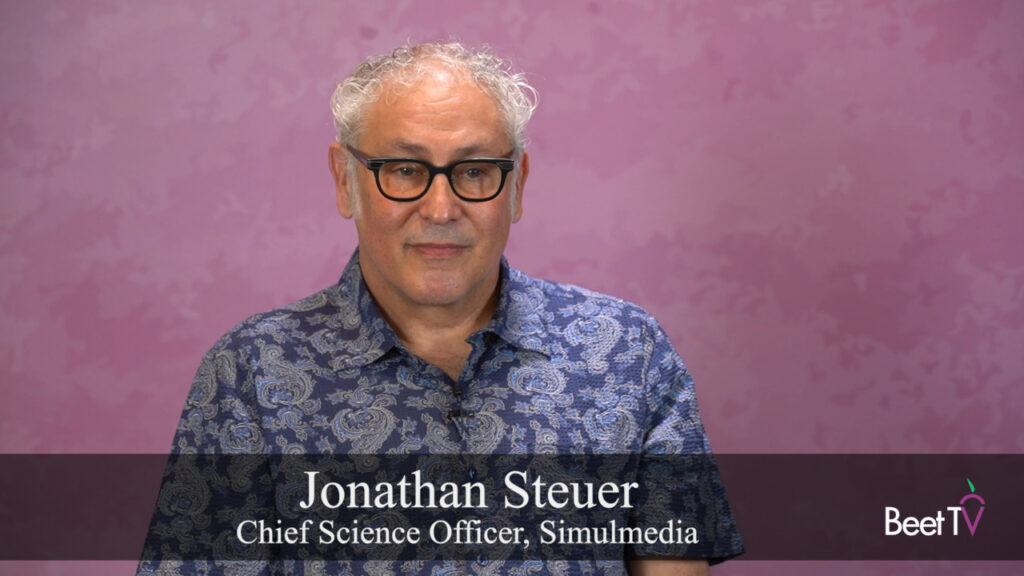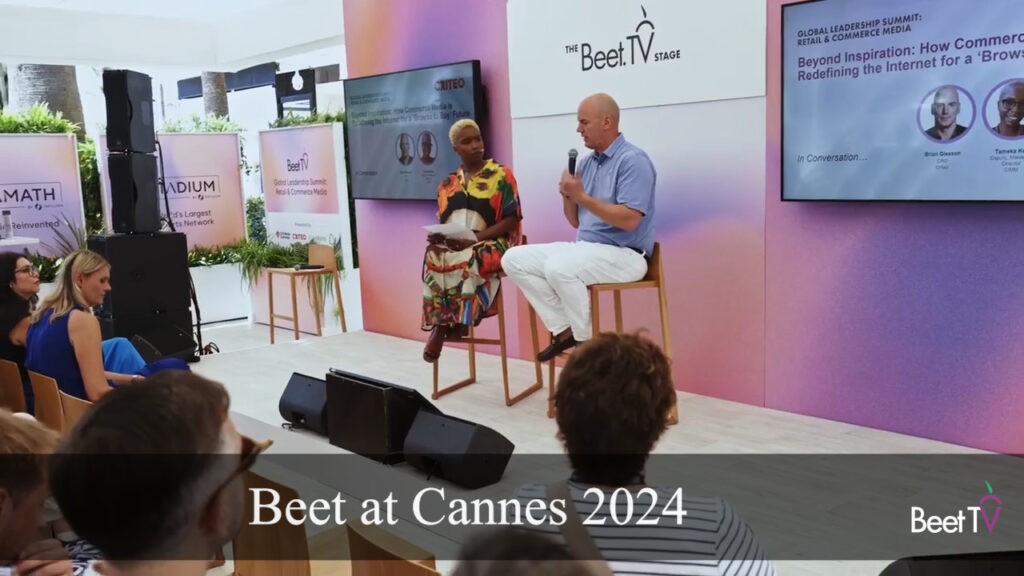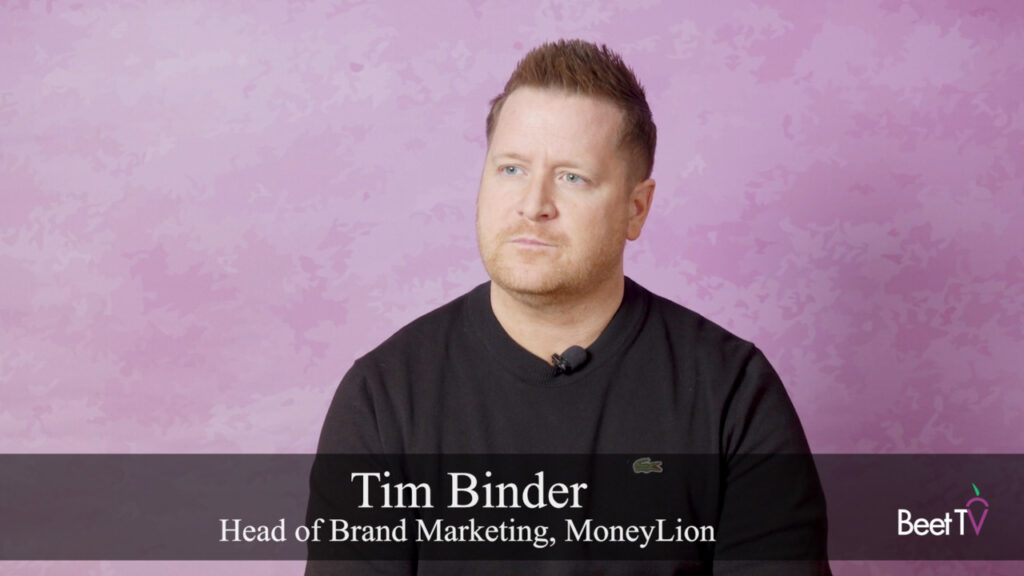COLOGNE — In the last year, publishers’ criticism of the ad-tech vendors that help their digital ad businesses has grown louder, alongside criticism from buyers over lack of transparency.
In the case of The Guardian, the publisher is currently even suing Rubicon Project in court, claiming the company kept “substantial sums” in “secret commissions” and filed “misleading and inaccurate’ monthly reports on buyer spending – claims which Rubicon denies.
No wonder, then, that The Guardian’s programmatic advertising director says the publisher has decided it wants to wrestle control back from ad-tech vendors – and is urging the rest of the publishing community to do the same.
“Publishers have introduced technology in to their ad stack and they have have lost control of their inventory and their audience, of their supply chain,” Danny Spears tells Beet.TV in this video interview.
Spears says programmatic technology now facilitates 80% of digital ad buys for The Guardian at home in the UK – big enough to rebalance the relationship.
“We have gone from (programmatic being) an experiment and minority sport not so long ago to this being the core of our multi-million-pound digital business,” he explains, at the DMEXCo digital ad gathering in Germany. “It means we have to take it seriously .. you need to control your supply chain.
“It’s important we make the decisions about how they’re presented to the market and priced.”
In publishing circles, programmatic platforms have helped ad sales teams automate how they make their spaces available to buyers.
But, amid growing concern regarding not just ad-tech platforms but also the alleged duopoly of Google and Facebook in digital ad sales, voices of dissent from the likes of publisher trade association Digital Content Next are growing louder.
Spears calls the likes of Google and Facebook, specifically, “dominant, influential and important partners”, and he gives some thanks to external tech suppliers.
“We have some really important relationships which mean we benefit from capability which isn’t our own,” he says. “But we do distinguish between technical capability and our media sales business, which we believe is our prerogative.
“There are multiple appetites for control of our business that we have to have,” Spears demands in our interview.
“There are partners within publishers’ supply chains who have an appetite to change the way our business works – we have a view on that. We think that’s our prerogative, we think there’s going to be an interesting debate to be had. It’s really important other publishers get involved in that.”
This video is part a series that examines programmatic from both the seller and the buyer perspective. It is presented by PubMatic. For more videos from the series, please visit this page.






